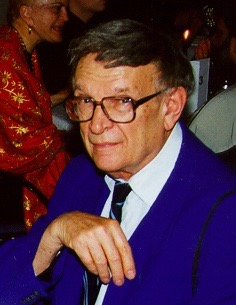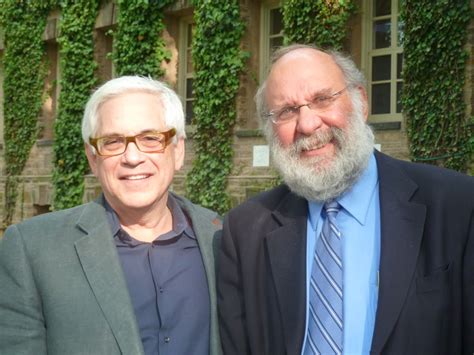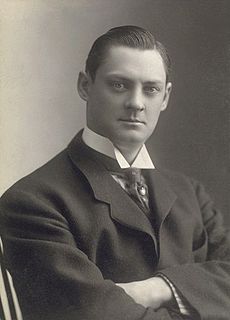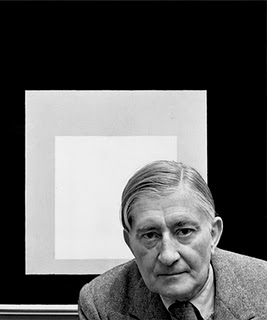A Quote by John D. Caputo
The book is what we have come to expect from Marion: challenging, subtle and nuanced analyses, dassling formulations, . . a provocative and original philosophical genius.
Quote Topics
Related Quotes
This is a major, wide-ranging, and comprehensive book. A philosophical investigation that is also a literary and historical study, Truth and Truthfulness asks how and why we have come to think of accuracy, sincerity, and authenticity as virtues. Bernard Williams' account of their emergence is as detailed and imaginative as his defense of their importance is spirited and provocative. Williams asks hard questions, and gives them straightforward and controversial answers. His book does not simply describe and advocate these virtues of truthfulness; it manifests them.
Some years ago I wrote a book called The House on Eccles Street. To write this book I had to think my way into the existence of Marion Bloom...Marion Bloom was a figment of James Joyce's imagination. If I can think my way into the existence of a being who has never existed, then I can think my way into the existence of a bat or a chimpanzee or an oyster, any being with whom I share the substrate of life.
To my mind there is nothing so beautiful or so provocative as a secondhand book store...To me it is astonishing and miraculous to think that any one of us can poke among the stalls for something to read overnight--and that this something may be the sum of a lifetime of sweat, tears, and genius that some poor, struggling, blessed fellow expended trying to teach us the truth.
It's so exciting when a book catches traction you didn't even expect (or completely did expect!), and so frustrating when a book never quite catches the traction you know it deserves. But either way it doesn't change the book, it doesn't change how much I love that book, or how thrilled I am to be publishing it.
Philosophical argument, trying to get someone to believe something whether he wants to believe it or not, is not, I have held, a nice way to behave towards someone; also it does not fit the original motivation for studying or entering philosophy. That motivation is puzzlement, curiousity, a desire to understand, not a desire to produce uniformity of belief. Most people do not want to become thought-police. The philosophical goal of explanation rather than proof not only is morally better, it is more in accord with one's philosophical motivation.









































